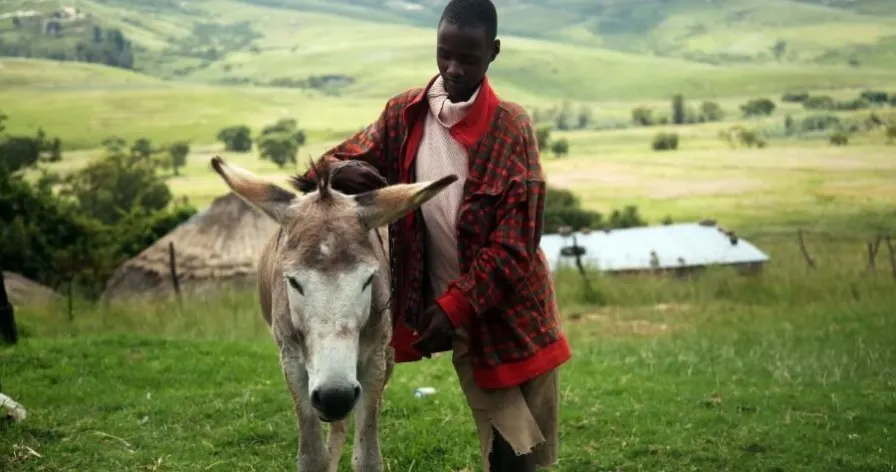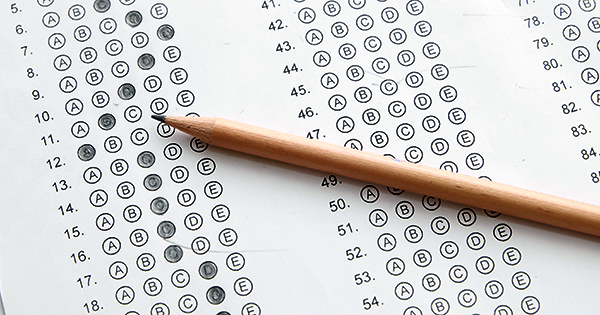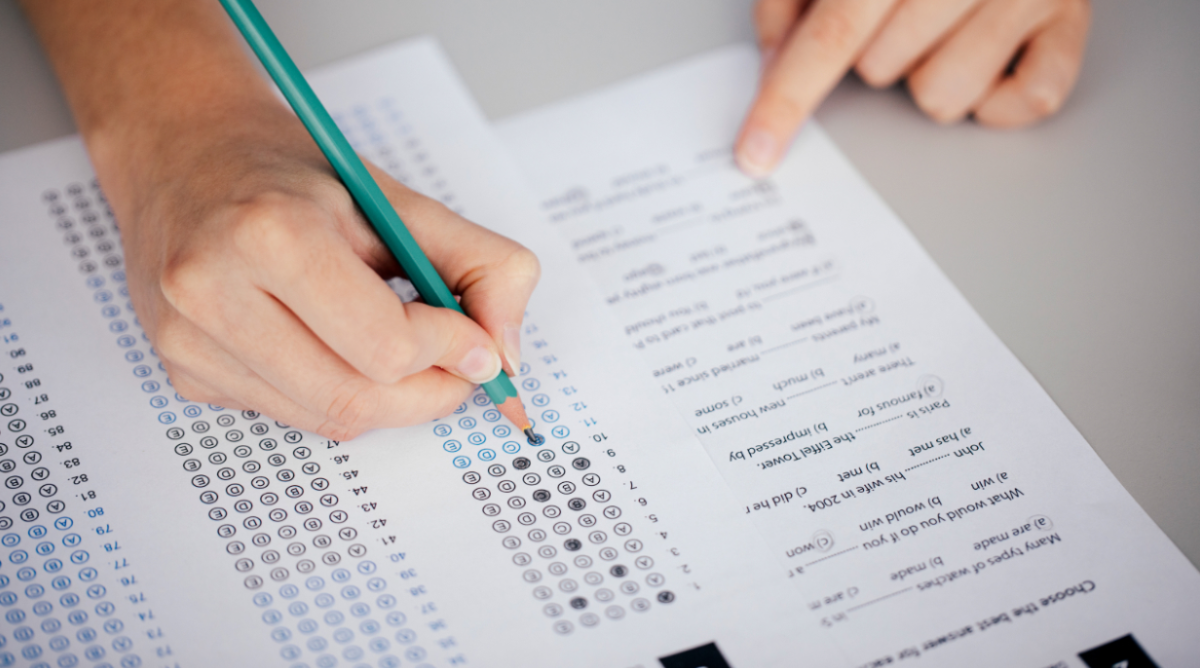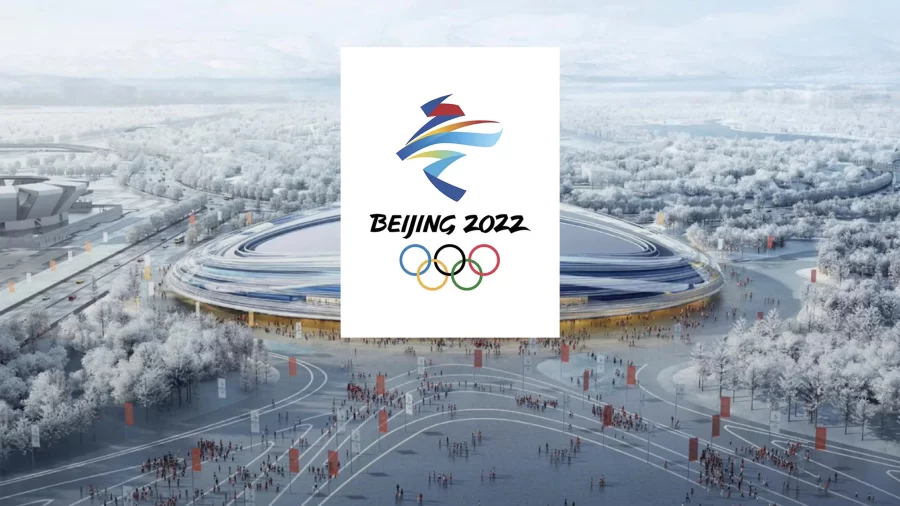Political Implications in This Year’s Olympics
February 16, 2022
Many people that I know have been asking the same question about the Beijing Olympics. Why have so many countries officially “denounced” the Olympics but still allowed athletes of their country to participate? What does it mean to declare a “diplomatic boycott” of something one still participates in? The U.S has boycotted the Olympics once before; that being the 1980 Moscow Olympic games. During the Carter presidency, it was announced that the US would be boycotting the Summer Olympics in response to the Soviet Union’s invasion of Afghanistan. This boycott, however, differed in that no US athletes were allowed to compete in the event. The 1980 Olympic boycott had long-lasting implications on diplomatic relations with the US, so will this year’s boycott do the same?
Let us first establish which countries are “boycotting” (in various forms) the Olympics this year. Australia, Britain, Canada, the United States, Lithuania, New Zealand, and Japan have all publicly announced a somewhat noteworthy boycott of the 2022 winter Bejing Olympics. The reason for all this talk of boycotting is because of the numerous allegations against the Chinese government of human rights violations committed against the Uyghurs and practicing Muslim populations. 380 detention centers have been built in the town of Xinjiang since 2017, and are allegedly being used as concentration camps to exterminate the Muslim population of China. The Chinese government has publicly stated that these centers do exist, but are naming them “re-education centers” meant to convert the Muslim population to Christianity. However, torture techniques have allegedly been used to fulfill this “conversion” goal, such as starvation, forcing practicing Muslims to eat pork and drink wind, and systematic rape by Xinjiang officials. The Chinese government has even admitted to Uigur families being forced to have Chinese officials live in their homes as a part of a surveillance system once they are “released” from these re-education centers if they are released that is. These human rights violations are the cause for “diplomatic” boycotts on part of various countries, but the question of what exactly a “diplomatic boycott” is still remains.
At least on the United States part, a diplomatic boycott of the Olympics means that no U.S officials will be attending the Olympics, but athletes will still be competing. For context, during past Olympic games, U.S figures have both attended the Olympics and been a part of numerous ceremonies such as the opening ceremonies. This boycott symbolizes an obvious disavowment of the horrendous behavior of the Chinese government, but still works to maintain “diplomatic” ties with the country committing crimes. This could be seen as somewhat of a reactionary response to the 1980 boycott of the Moscow Olympics, which left many U.S citizens as well as athletes enraged and disheartened. But then bears the question, is this an appropriate response to a human rights crisis?
UN officials & human rights organizations are “urging China to stop the abuses”, which seems like a mild course of action to take (at best) when looking at the emergency going on. It seems as though these Olympic boycotts have been used as a decoy form of action so that many countries can seem like they are taking action without actually causing any significant change. This is to say the political implications of this year’s Olympics may not be as impactful as some may think, but is that really a good thing?


























